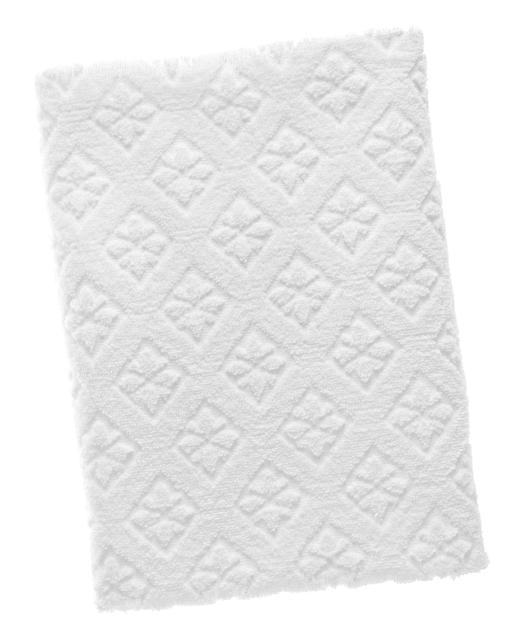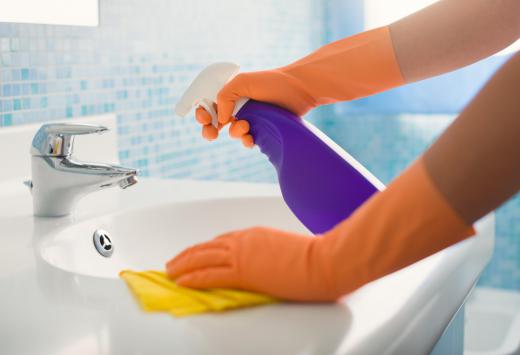Formaldehyde free products are products which are not manufactured with the use of formaldehyde, a chemical compound which has been linked with human health problems. Formaldehyde is a highly useful and widely utilized chemical compound, and people are sometimes surprised to learn about all of the places in which it can appear. Awareness about the health risks of prolonged formaldehyde exposure has led many consumers to start seeking out formaldehyde free products due to safety concerns.
One of the most common uses for formaldehyde is in building materials like insulation and particleboard. Formaldehyde also appears in nail polish, resins, molded products, paper towels, paints, fabrics, explosives, adhesives, and disinfectants. Research strongly suggests that formaldehyde can be carcinogenic, and it has also been linked with allergies and the development of health problems such as headaches, nose bleeds, and skin rashes. The levels at which formaldehyde exposure can become dangerous are unclear, which is why many consumers are worried about the use of formaldehyde in products they use.

Products which contain formaldehyde will gradually offgas the compound into the air, where it can be inhaled. People can also be exposed to formaldehyde as materials break down, as for example when particle board starts to chip and people inhale the dust. While a single item containing formaldehyde might not be a major risk, a room like a kitchen could include numerous examples of building materials which contain formaldehyde including paint, linoleum, kitchen cabinets, and so forth.

Companies which manufacture formaldehyde free products pledge to use alternatives for formaldehyde in the production of their products. Often, such products are more expensive, because the company may have to invest more time and effort into developing their products. Many companies want to develop formaldehyde free products which are equivalent to products which contain formaldehyde, going for the same level of durability and attempting to mimic other properties so that consumers are not inconvenienced by their decision to seek products which do not contain formaldehyde.

Labeling laws for such products vary. People who are curious about whether or not a product labeled as “formaldehyde free” is really free of formaldehyde can ask for formaldehyde testing, in which the chemical can be identified by a laboratory and the lab can determine how much of the chemical is present, if it is identified. Consumers with concerns may also want to consider sourcing things like building supplies through companies which audit their distributors to confirm that the claims they make are really true.
Ever since she began contributing to the site several years ago, Mary has embraced the exciting challenge of being a About Mechanics researcher and writer. Mary has a liberal arts degree from Goddard College and spends her free time reading, cooking, and exploring the great outdoors.

